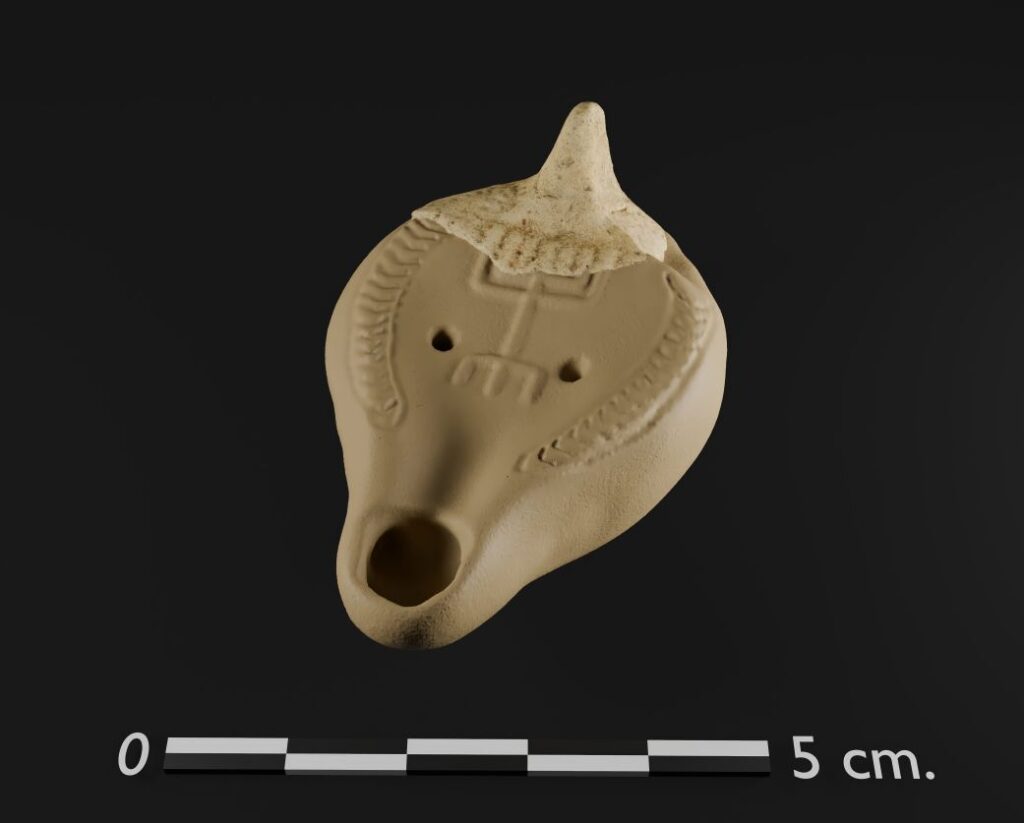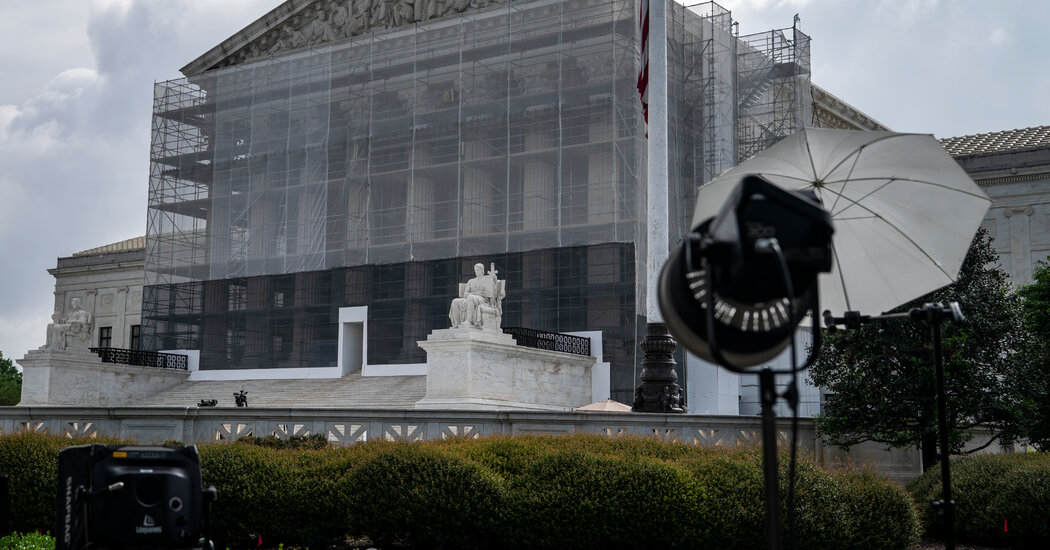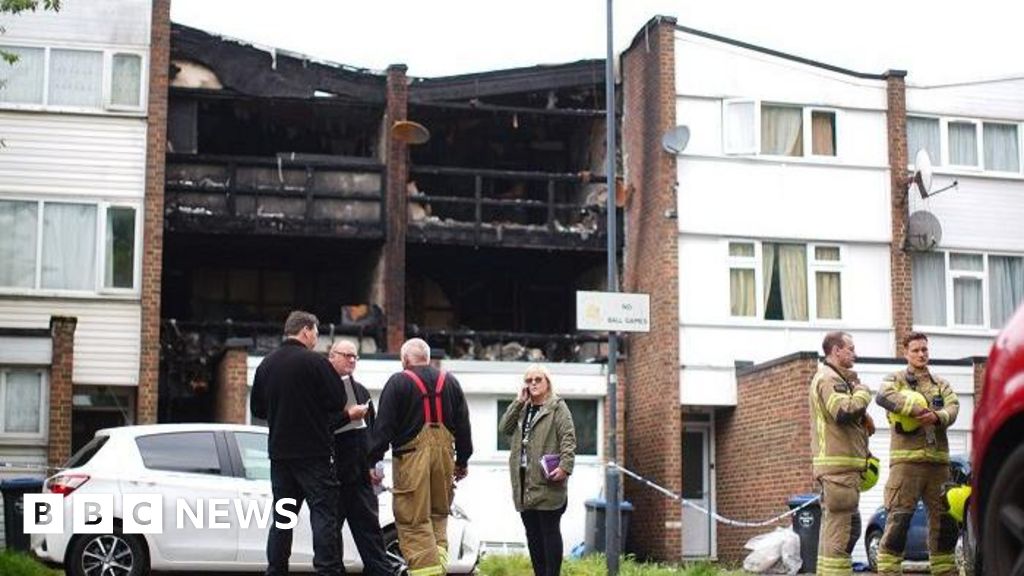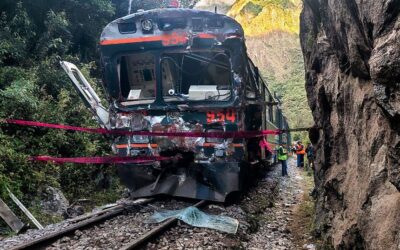Archaeologists working at a site in Spain say they have uncovered evidence of what may have been a synagogue used by a hitherto unknown Jewish community.
While excavating the site, previously believed to be a church dating from the 4th century, experts found materials and architectural evidence that led them to hypothesize that the building was, in fact, a synagogue, according to a study published earlier this month.
Artifacts such as fragments of oil lamps and a piece of roof tile decorated with menorahs were found during excavations in Cástulo, a former Roman settlement in southern Spain, whereas no materials that have a clear association with the Christian faith have been found at the site.
In contrast, archaeologists have found evidence of Christian worship at another site in the town, study author Bautista Ceprián, an archaeologist with the Cástulo Sefarad Primera Luz project, told CNN on Wednesday.
The building also has a squarer shape than Christian churches, which tend to be more rectangular, and archaeologists found what could have been a hole for supporting a large menorah, as well as the foundations of a central raised platform, or bimah, which is common in synagogues but not in churches, he added.
Continue reading the complete article on the original source



